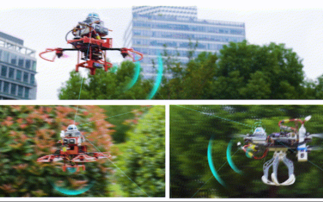Western Digital challenged by Toshiba over fears its bid will attract anti-trust investigations
The consortium led by Bain Capital has increased its bid for Toshiba Memory Corporation in the long-running auction of the Japanese conglomerate's memory chip and NAND flash storage business. It...
To continue reading this article...
Join Computing
- Unlimited access to real-time news, analysis and opinion from the technology industry
- Receive important and breaking news in our daily newsletter
- Be the first to hear about our events and awards programmes
- Join live member only interviews with IT leaders at the ‘IT Lounge’; your chance to ask your burning tech questions and have them answered
- Access to the Computing Delta hub providing market intelligence and research
- Receive our members-only newsletter with exclusive opinion pieces from senior IT Leaders




















